|
If you haven't checked out Part 1, Part 2, or Part 3 of the history of Mobility Lab, then you should before reading on. An uncomfortable fact that you learn early in public engagement is that for most people, talking to the public is really hard. As social animals that comes as a bit of a shock. We are really good at establishing social circles, and co-operating has been critical to our survival. But engaging people in decisions is another matter. Throughout my life I have never been able to explain this. But once you realise it, you see it everywhere. The first time that I started seeing this was during the UK General Election of 2005. This was only my second as a registered voter. As a second year University student, my interest in my first election was non-existent. My second election made we wonder why we run them at all. I live in what is known in the UK as a safe seat. It has returned a Conservative MP in every election since 1932. The Conservative Party could put a pig with a blue tie up for the vote, and it would win. This is reflected in the nature of the political debate that takes place locally during the election. I have lived in this seat for five elections now, plus two referenda. In that time, I have seen one candidate canvassing for votes, and received a total of five leaflets through the door. At a time when there is meant to be a big debate taking place on the future of the nation, there is no invite to it. "But you have to educate yourself. It is your duty as a citizen to be informed before voting" more than one person has said to me. But if candidates cannot be bothered to put the effort in to secure my vote, why should I vote for them? When they clearly don't care about coming to get my vote? Over the years, the direction of my vote has been determined by a simple rule. If you have made the effort, I will think about voting for you. If you can't be bothered, I won't vote for you even if I like your policies. The same thing applies to public engagement. If you can't be bothered to make the effort to engage them, why should you expect more people to engage? You have no devine right to their attention. People should not expected to care about what you are doing, and how important it is to them. You should not expect people to educate themselves. If you don't make the effort, don't complain that others do not. This is partly why public engagement is done so badly most of the time. Good public engagement takes time and effort. Not to plan and to do. But to convince people that you care, and you are engaging on their terms. Trying to engage people on my terms is a mistake that I often made. Once a month for two years, I stood at a stand at Leighton Buzzard railway station trying to convince people to try out the bus or local cycle routes to the station. It went about as well as you would think. Most people ignore you. Then some take a leaflet just to get you off their back. Perhaps one or two thought about taking the bus. My failure to convince people I put down to not being there enough, and not puttng the hours in. I wasn't selling enough. I convinced myself it was a numbers game. Just talk to more people over more mornings and evenings. I was wrong. That revelation came one dark December evening in 2010. I was on my fifth shift promoting sustainable travel at the station of the week. It had been a quiet night, and I had been routinely ignored by exhausted commuters heading home after a long day at work. Then Claire (not her real name) walked in. As tired and as stressed as the rest of them. More out of hope than anything, I asked her whether she was interested in finding out about different options for getting to and from the station. "It would save the hassle of getting a taxi" I said as a throw away comment. "Ahh...why not?" she said in response. The next 30 minutes was not spent talking about buses, bikes, and detailed journey planning. But with Claire sharing with me her life. The job with the long hours, trying to balance a home life alongside this, and the sweet relief of the Americano served by the station cafe in the morning. The cafe owner may have been in earshot at that point. In part this seemed like therapy for her. I didn't mind, and not because it had been a slow night. Seeing the visible relief on her face at sharing her worries with someone was enough for me. Bus timetables and discounted fares suddenly lose their importance during times like that. I had completely forgotten that I had even given her a bike map. I wasn't sure if any of what I was doing was helping. There was little change in facial expression or demeanour, and all I was saying was "ok," "uh-huh," and "I understand" every few minutes. But we parted on good terms. Six months later, I was working Leighton Buzzard again. Yet another bust of a morning. Out of the blue, Claire emerged from the coffee shop, Americano in hand (I assume it was an Americano anyway). We had a few minutes until her train arrived, so I asked how things were. Same old, same old apparently. But she had started cycling to the station. She noticed the bike map in her handbag a couple days after I spoke to her, and it reminded her of our chat. She took some adult cycle training lessons, and bought herself a new bike. And she was now riding to the station most days. What's more, she had talked to some of her friends, and they had started riding at the weekends. All from a chat and bike map, and sheer blind luck you may assume. But you would assume wrong. Engaging with people is not a numbers game. Nor is it about trying to convince people. It is about showing people that you give a damn about them, their lives, and what is important to them. It is about listening - the most important part of engagement. And I mean really listening to people. The next time that you are thinking about public engagement, try this. Instead of listing out what you want to achieve from your next community engagement activities, list what you want others to achieve from it. Should they engage with you to be informed? To have an impact on what you are doing? Or to get their worries off their chest? And then how would you plan your engagement differently?
Simple questions like this change public engagement for the better. They are questions that we almost never ask in favour of our own objectives. Time to start asking them.
0 Comments
Leave a Reply. |
Categories |

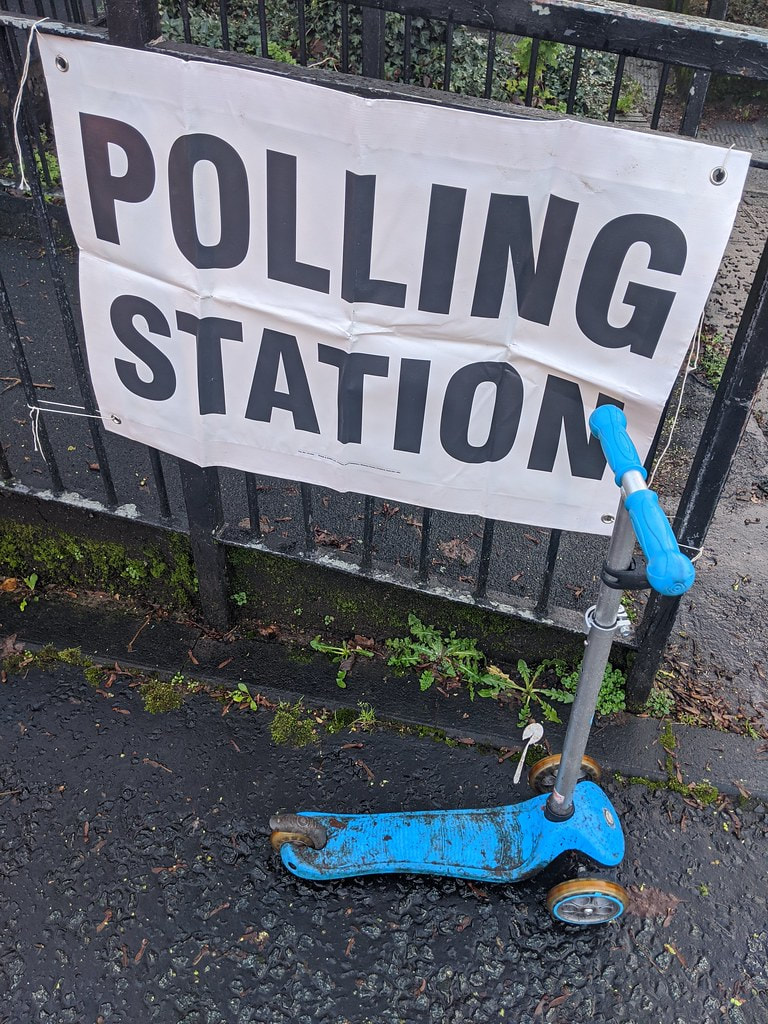
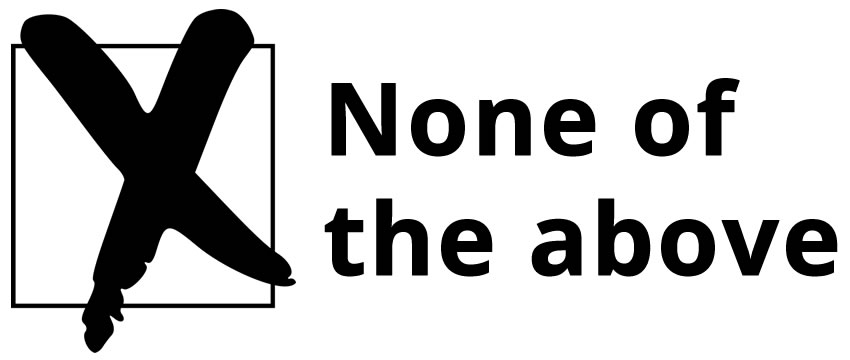
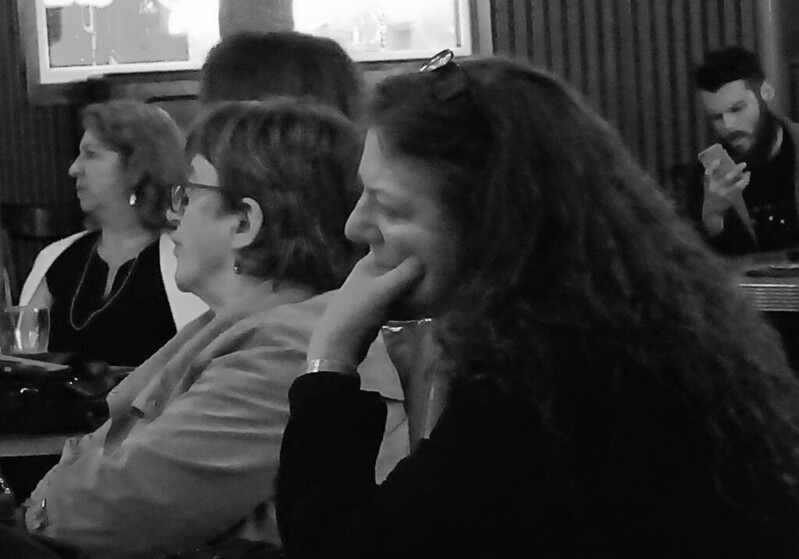
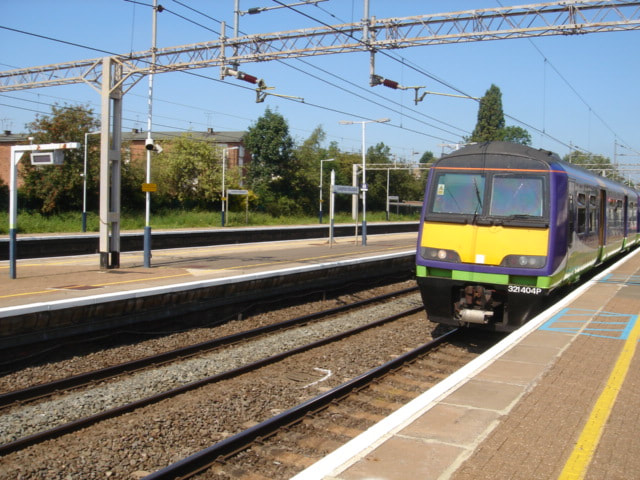
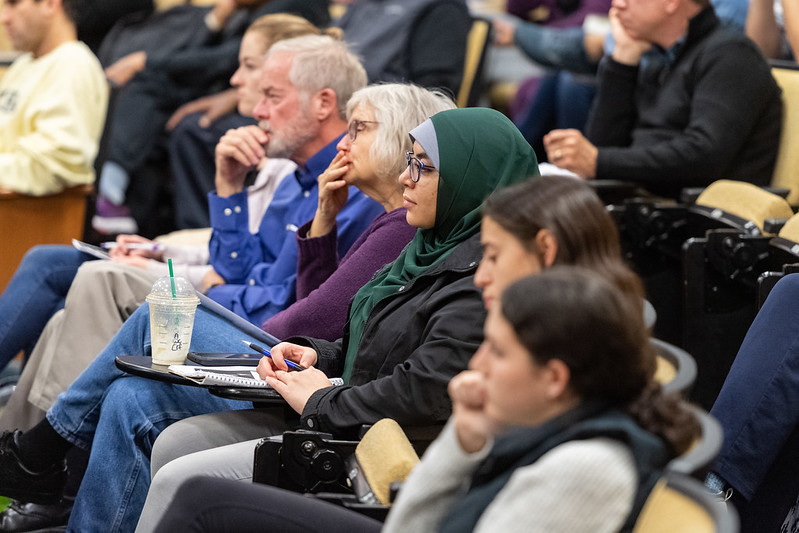
 RSS Feed
RSS Feed